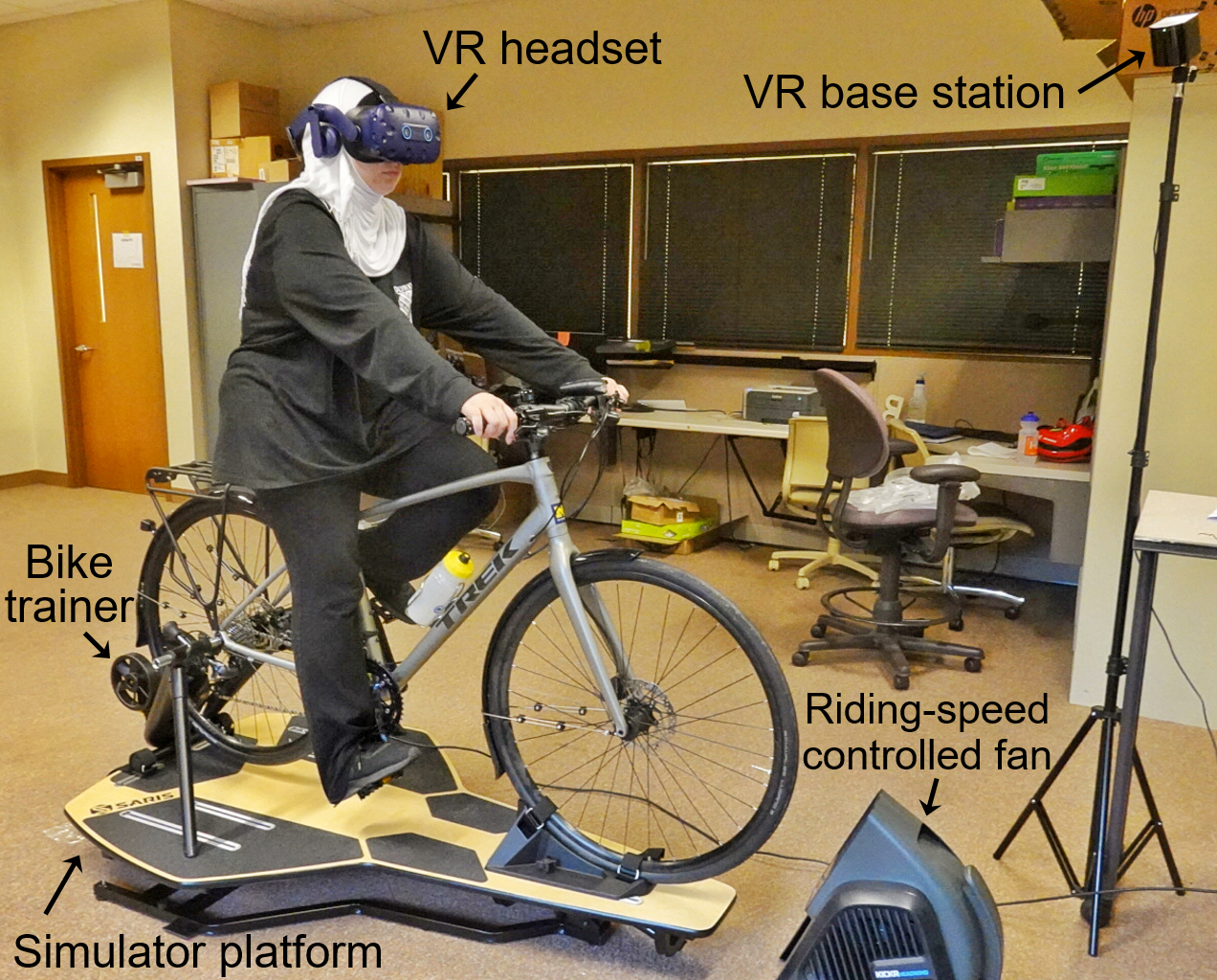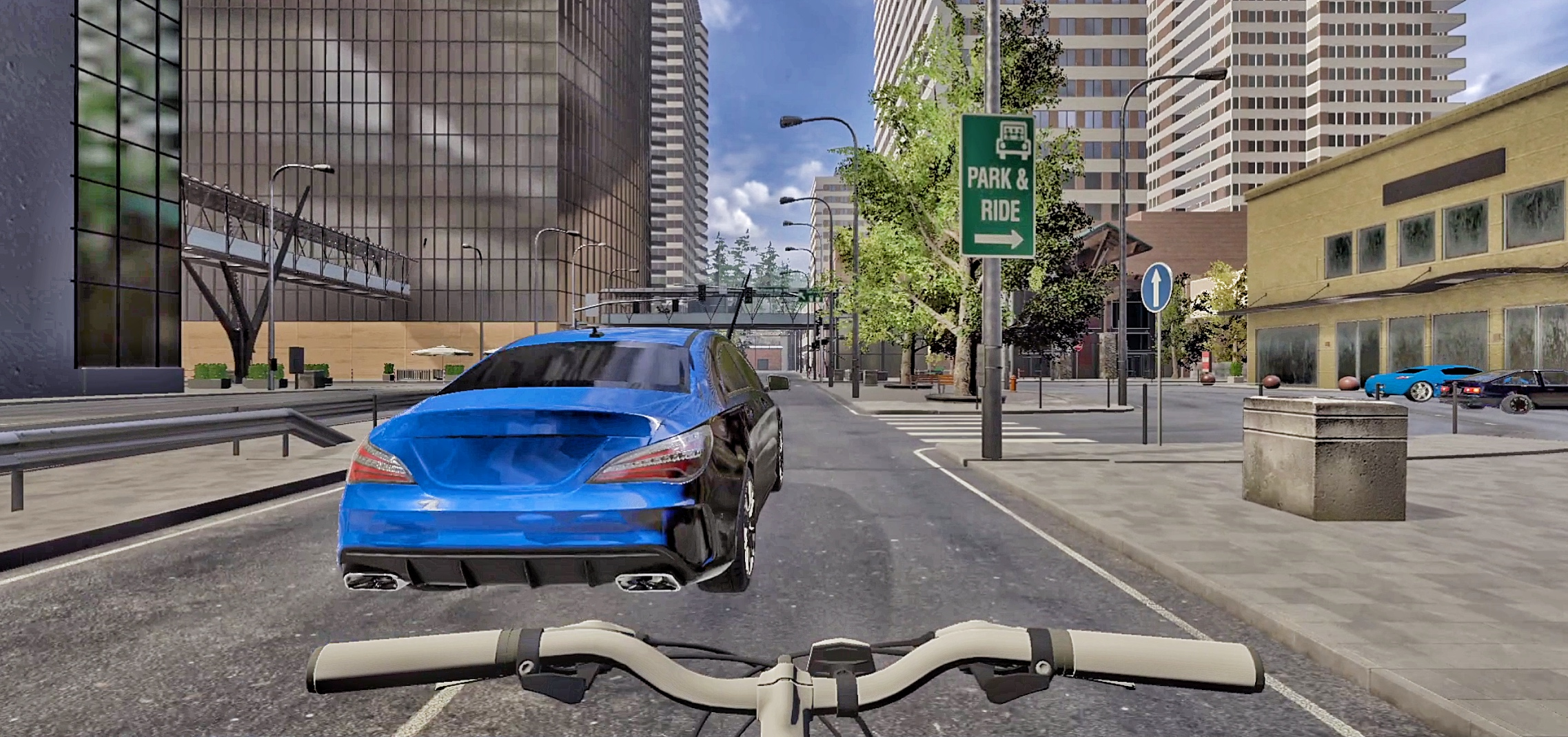Research
The overarching goal of our research is to advance safe, sustainable, and just systems for cities and communities through data-driven insights. To this end, we use a variety of research methods including observational studies, laboratory experiments, applied statistics, causal inference, machine learning, human factors, and computational modeling and simulation.
Observational studies
A naturalistic study is a type of an observational study where researchers observe and record human (e.g., drivers) behaviors in their natural settings and typically over a prolonged period. Naturalistic studies are usually expensive to conduct, and the data analysis often requires more advanced statistical methods as the variables under investigation were typically not controlled by the researchers. However, data from naturalistic studies is uniquely valuable for its high ecological validity. Our group has examined a number of naturalistic transportation data sets from a variety of perspectives.
Naturalistic driving studies
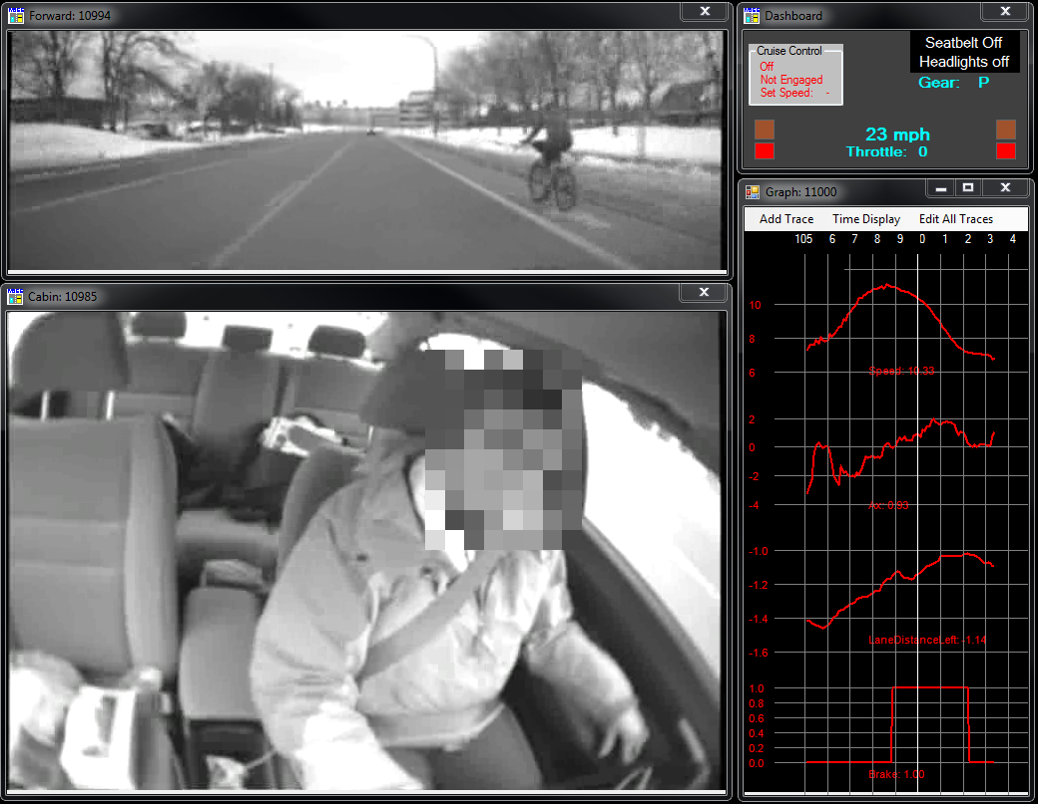
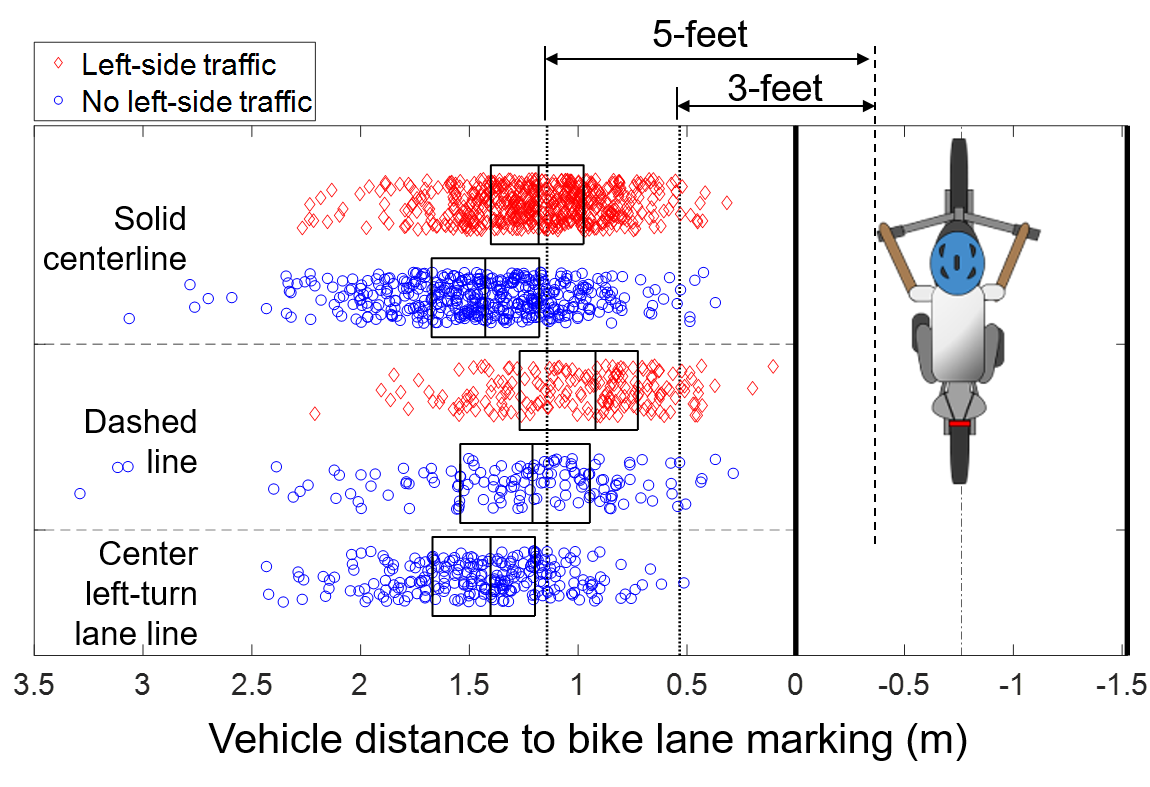
Naturalistic cycling studies
We have conducted a naturalistic cycling study in Ann Arbor, Michigan. In the study a fleet of four electric bicycles were instrumented with cameras, GPS, and other sensors that continuously record the data. During the two-year data collection (2018-2019), a total of 77 participants completed the study, covering over 8,000 km of riding data.
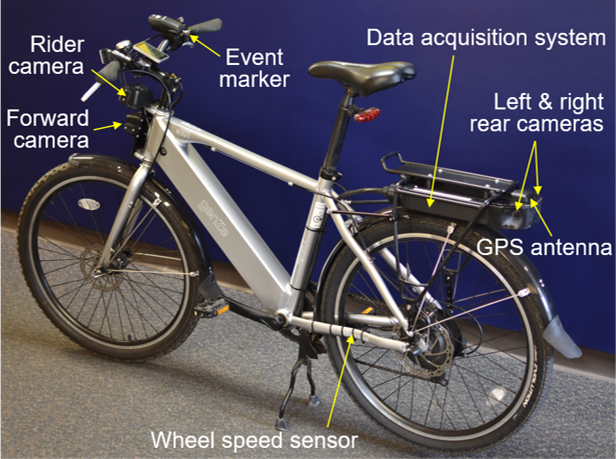
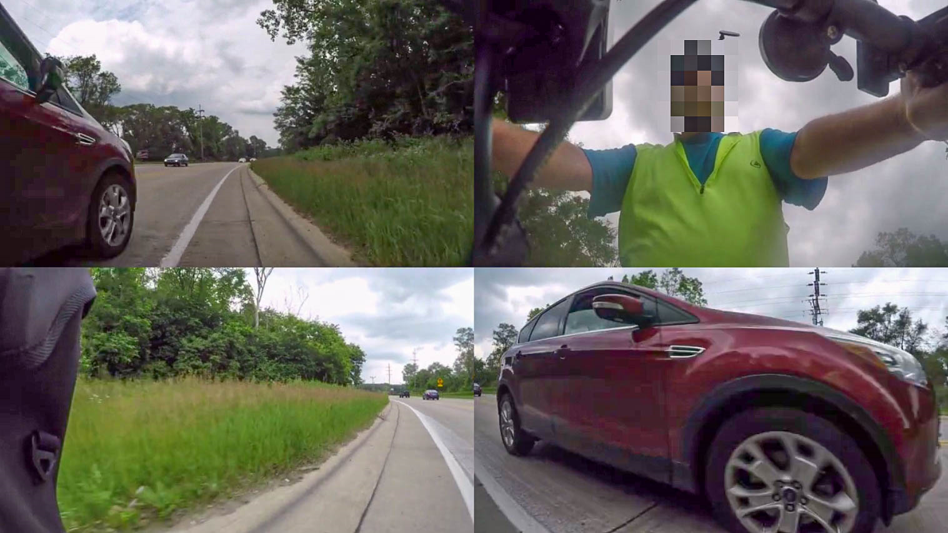
Laboratory experiments
In addition to using the naturalistic road user behavioral data, we also conduct laboratory experiments to examine factors that may not be addressed from the naturalistic data. We have developed a high-fidelity virtual reality (VR) cycling simulator that could simulate the interactions between cyclists and other road users (e.g., drivers) in a safe, controlled, and replicable environment. The VR cycling simulator allows one to experience high-fidelity bicycling in an immersive virtual environment by wearing the VR headset and riding on a stationary bicycle.
